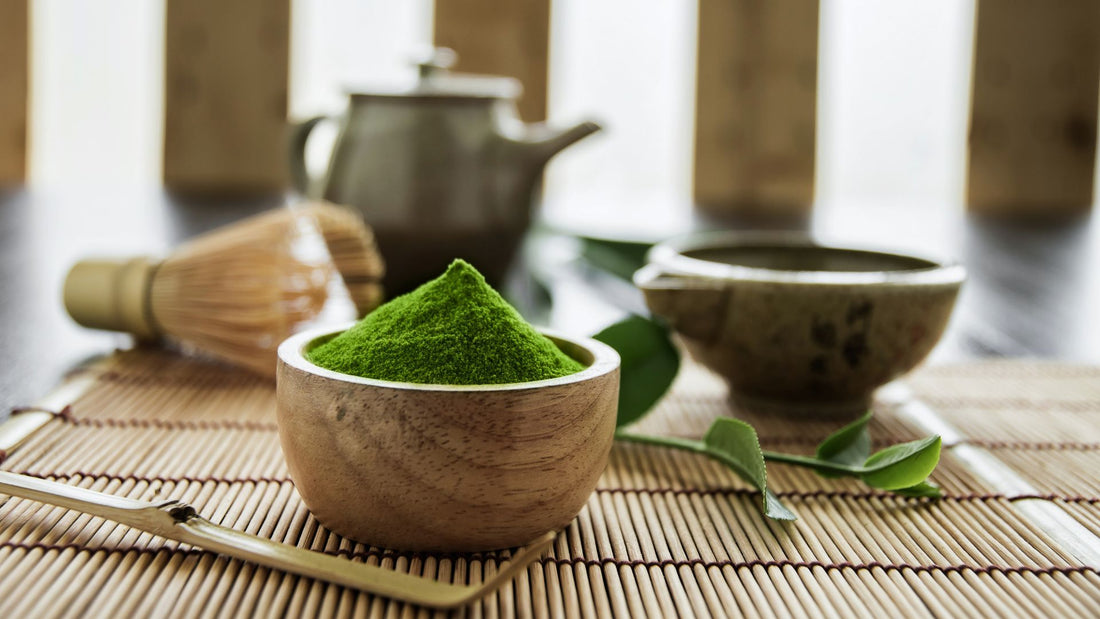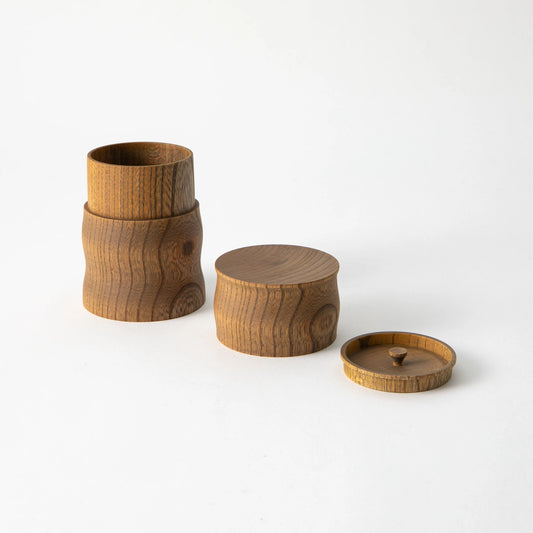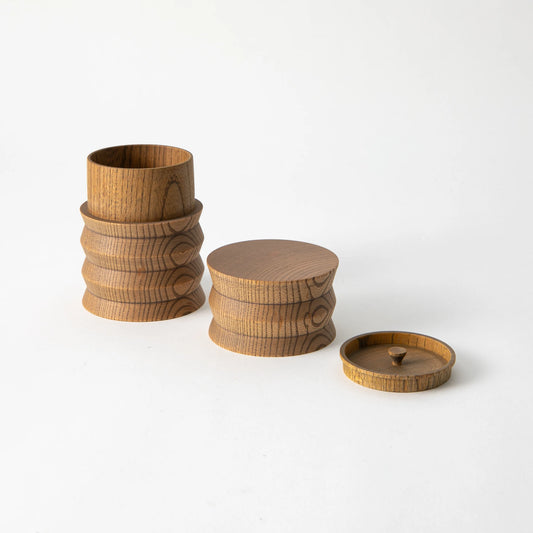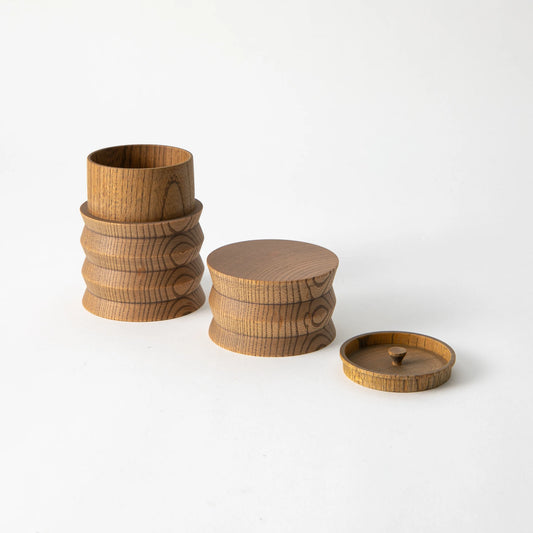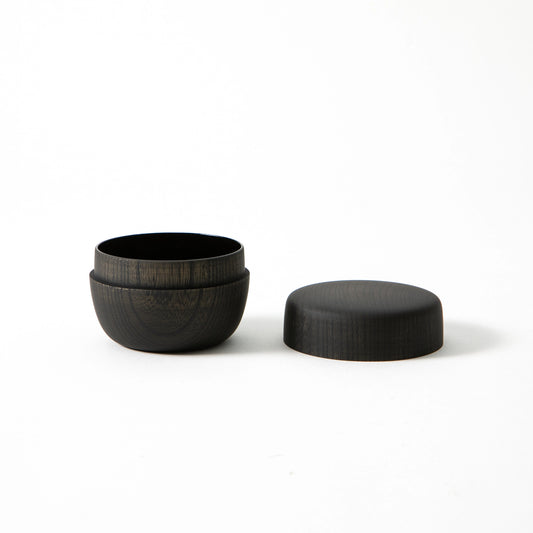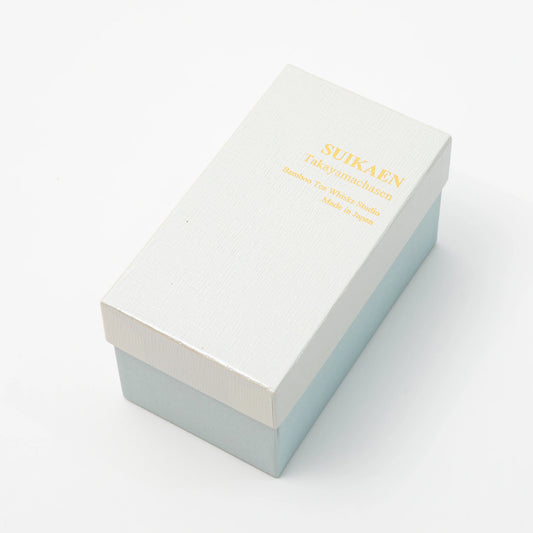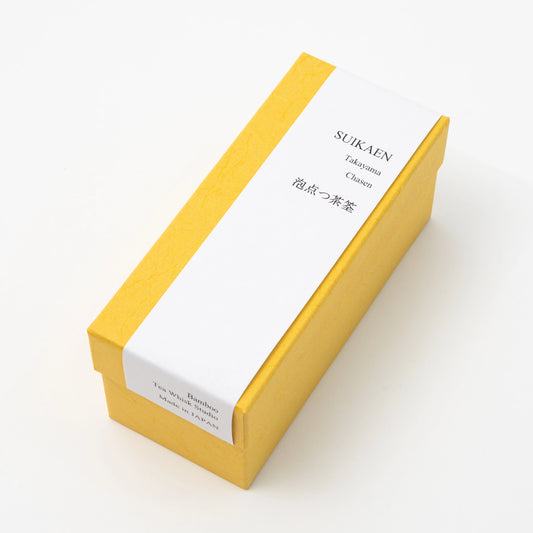Gaining immense popularity in recent years, matcha tea is more than just a trendy drink. This vibrant green powder boasts a rich history and a long list of potential health benefits. From boosting focus and relaxation to promoting heart health and potentially aiding weight management, matcha's unique blend of nutrients and antioxidants makes it a powerful addition to your wellness routine.
Join us as we discover the top ten science-backed reasons why you should consider incorporating a cup of matcha tea into your daily life.
Contents
What is Matcha?

Matcha tea, a vibrant green powder with a rich history steeped in Japanese tradition, has captured the attention of health-conscious individuals worldwide. But what exactly is matcha? Unlike traditional green tea leaves you steep in hot water, matcha is a finely ground powder made from shade-grown green tea leaves. This special cultivation process increases the chlorophyll content, resulting in a distinctive emerald color and richer flavor. Once harvested, the leaves are steamed, dried, and meticulously stone-ground into the fine powder we know as matcha.
While both matcha and green tea come from the Camellia sinensis plant, the processing method creates a key difference. Since you ingest the entire matcha leaf when you consume the powder, you receive a much higher concentration of nutrients and antioxidants compared to traditional green tea. This concentrated effect is what contributes to matcha's potential health benefits.

Preparing matcha tea is a simple yet mindful ritual. Traditionally, a special bamboo whisk called a chasen, is used to whisk the matcha powder with hot water (around 175°F or 79°C) in a bowl. This whisking technique creates a frothy, light beverage. However, a handheld frother can be used as a substitute. The ideal consistency should be neither too thick nor too thin, resembling a smooth latte. Matcha can be enjoyed on its own or combined with milk, alternative kinds of milk, or even incorporated into smoothies or baked goods for a flavorful and healthy twist.
1: Rich in Antioxidants

This point is the true key to all the other points we’ll cover below. Matcha's vibrant green color hints at its wealth of antioxidants, particularly epigallocatechin gallate (EGCG). This potent antioxidant may offer a range of health benefits, including improved cognitive function, potential support for heart health, and even boosted metabolism for weight management. Matcha also contains high levels of catechins, a powerful plant compound found in tea known for its antioxidant properties.
Antioxidants also play a crucial role in neutralizing harmful free radicals, known to harm cells and potentially cause chronic illnesses. The unique cultivation process of matcha involves growing it in the shade. As a result, the catechin levels in matcha start lower compared to other green teas. However, when matcha is dissolved in water, it releases three times more catechins.
Fascinatingly, a study conducted on mice demonstrated that matcha supplements effectively reduced the damage caused by free radicals and boosted antioxidant activity. By incorporating matcha into your diet, you can significantly enhance your antioxidant intake, safeguarding against cell damage and reducing the risk of various chronic diseases.
2: Boosts Your Immune System

Matcha's vibrant green color reflects not just its abundance of antioxidants, but also its rich content of catechins, particularly epigallocatechin gallate (EGCG). These catechins, including EGCG, have been shown to exhibit antiviral and antibacterial properties, potentially aiding the body's defense mechanisms against illness.
Additionally, EGCG may support the production of immune cells and modulate the immune response, offering a multi-pronged approach to overall immune health. In short, matcha's concentrated catechins and antioxidant content might contribute to a stronger immune system, potentially helping your body fight off infections.
3: Great for Skin Health

Matcha's potential benefits for skin health can be attributed to its powerhouse of antioxidants and specific compounds. The high concentration of epigallocatechin gallate (EGCG) and other catechins may help combat free radical damage, which can contribute to the visible signs of aging. Additionally, EGCG's anti-inflammatory properties might play a role in reducing skin conditions like acne and eczema. Studies suggest that EGCG may also promote collagen production, a protein that keeps skin firm and youthful.
However, it's important to note that most research on matcha and skin health is based on laboratory studies or animal models. While promising, more human trials are needed to confirm the extent of matcha's benefits for the skin.
4: Weight Loss Aid

Matcha's potential role in weight management stems from its unique combination of nutrients and bioactive compounds. The high concentration of epigallocatechin gallate (EGCG) may boost metabolism through thermogenesis, the process by which the body burns calories to generate heat. Studies suggest that EGCG can also increase fat oxidation, the body's breakdown of fat for energy, potentially leading to reduced fat storage. Additionally, matcha's natural L-theanine content may promote feelings of satiety and curb cravings, contributing to weight management efforts.
Research conducted in 2020 suggests that consuming up to 500 mg of green tea per day for 12 weeks may contribute to reducing your body mass index. It's important to remember that matcha is not a magic bullet for weight loss, however, incorporating matcha into a healthy diet and exercise routine might offer a helpful boost. Research also suggests matcha's EGCG and L-theanine content may support weight management by promoting thermogenesis, fat oxidation, and feelings of fullness.
5: Enhances Your Energy Levels

Unlike coffee, which provides a quick burst of energy followed by a potential crash, matcha offers a sustained energy boost. This is thanks to the unique interplay of two key components: caffeine and L-theanine. Matcha tea contains a moderate amount of caffeine, similar to green tea, but significantly less than coffee.
However, the magic lies in L-theanine, an amino acid that promotes relaxation and focus. L-theanine works synergistically with caffeine, allowing for sustained energy without the jitters or anxiety often associated with coffee. Studies suggest that this combination can improve alertness, cognitive function, and reaction time, all contributing to enhanced energy levels throughout the day.
6: Mental Focus and Relaxation

Matcha's potential to enhance mental focus and promote relaxation is due to the unique synergy of two key compounds: caffeine and L-theanine. L-theanine has been shown to promote the production of alpha waves in the brain, which are associated with a state of relaxed alertness and improved focus.
Studies suggest that the combination of L-theanine and caffeine in matcha enhances cognitive function, memory, and reaction time, promoting a state of calm focus ideal for concentration and productivity. In essence, matcha's moderate caffeine content provides gentle alertness, while L-theanine promotes relaxation and focus.
7: Supports Good Heart Health

Some studies have proposed that the consumption of green tea, which has a nutrient profile similar to matcha, may play a role in safeguarding against heart disease. Research has indicated that green tea intake is associated with a decreased risk of cardiovascular disease when compared to coffee.
There is also evidence to suggest that green tea could potentially aid in lowering the risk of high blood pressure and other complications in individuals with heart disease. The compounds found in matcha closely resemble those in green tea, leading to speculation that it may offer similar benefits. However, there’s at least one animal study that possibly challenges this idea.
8: Liver Function Support

The liver is crucial for overall health as it is responsible for detoxifying your body, helping to metabolize medications, and processing nutrients. Research suggests that matcha could also support liver health. A review conducted in 2015 involving 15 studies revealed that consuming green tea was linked to a lower risk of liver disease.
However, recent findings in 2020 indicate that while matcha may be beneficial for individuals with nonalcoholic fatty liver disease (NAFLD) by reducing liver enzymes, it could potentially elevate liver enzymes in those without NAFLD. Further studies are necessary to explore the impact of matcha on the general population, as current research primarily focuses on the effects of green tea extract in animal studies.
9: Boosts Your Brainpower

Early research suggests that matcha tea's unique blend of compounds may enhance cognitive function. One study involving 23 participants tested their performance on brainpower tasks. Some participants consumed matcha tea or a matcha-infused bar, while others received a placebo. Interestingly, those who had matcha showed improvements in attention, reaction time, and memory compared to the control group.
Another small study explored the effects of daily green tea powder consumption on brain function in older adults. Participants who consumed 2 grams of green tea powder daily for 2 months experienced improvements in cognitive function.
It's worth noting that matcha boasts a higher concentration of caffeine than regular green tea. Green tea typically contains around 11-25 milligrams per gram, depending on brand and processing, whereas matcha offers 19-44 mg/g. Additionally, matcha contains L-theanine, a compound known to modify the effects of caffeine. L-theanine promotes alertness and helps avoid the energy crashes often associated with caffeine alone.
10: May Help Prevent Cancer

The research on matcha's direct role in cancer prevention in humans is ongoing. However, some promising studies suggest potential benefits due to specific compounds in matcha. The high concentration of epigallocatechin gallate (EGCG), may help by inhibiting cancer cell growth and proliferation. EGCG's anti-inflammatory properties might also contribute to reducing the risk of cancer development. Additionally, laboratory studies suggest that EGCG can promote apoptosis, or programmed cell death, in cancer cells.
Please note, it's important to remember that most research on matcha and cancer prevention is based on laboratory experiments or animal studies. Human trials are needed to confirm these possible benefits more definitively, but early research seems positive that it can support conventional medical treatments.
In Conclusion
As we've discovered, matcha tea isn't just a trendy beverage; it's an amazing support for your overall well-being. From its focus-enhancing properties and immune system support to its potential benefits for weight management and heart health, matcha offers a multifaceted approach to a healthier you. While more research is needed in some areas, the current evidence is promising.
So, why not incorporate this delicious drink into your daily ritual and experience the potential health benefits of matcha for yourself? Consider browsing our Matcha collection to treat yourself to a new tea bowl too. Whatever you do, enjoy integrating this refreshing beverage into your daily teatime.


